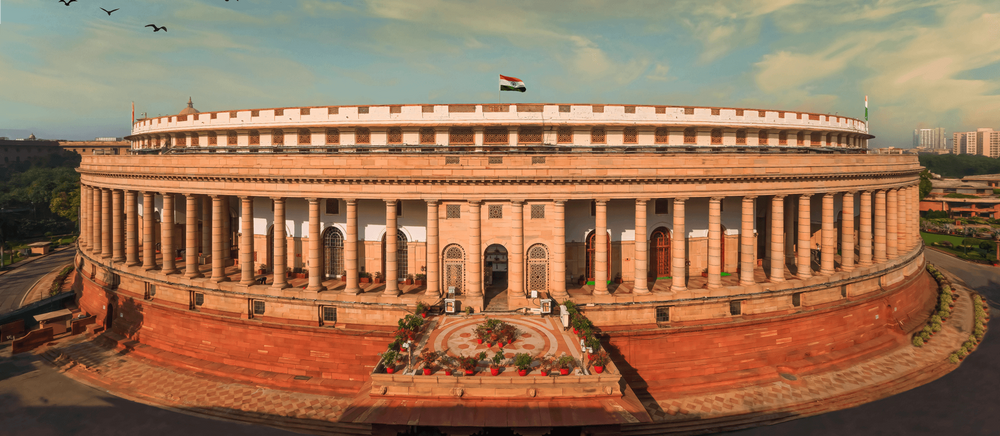New Delhi, 4 August 2023: A year after the initial draft of the anticipated bill was shelved due to privacy-related concerns and onerous compliance requirements, Union minister Ashwini Vaishnaw on Thursday introduced the Digital Personal Data Protection Bill in the Lok Sabha. The most recent version of the proposed bill, which has been in development for six years, is the fifth.
By processing the digital personal data of Indian citizens “in a manner that recognizes both the right of individuals to protect their personal data and the need to process such personal data for lawful purposes,” the bill aims to ensure this. It suggests holding internet service providers and enterprises responsible for the handling and storing of data.
Majlis-e-Ittehadul Muslimeen of India as a whole Asaduddin Owaisi, a member of parliament (MP), claimed the law will give the government access to personal information and possibly lead to the establishment of a surveillance state.
Congressman Gaurav Gogoi proposed sending the bill to the parliamentary standing committee for additional review. The right to privacy is violated by the bill, he claimed.
According to Trinamool Congress member Saugata Ray, the revised measure is considerably different from the one that was initially provided to the committee. “The bill has been completely modified. I want the standing committee to be notified once more about this bill.”
Manish Tewari, a member of Congress, claimed that the measure goes against the basic right to privacy upheld by the Supreme Court in the Puttaswamy decision. The government will not be subject to the bill’s provisions, and all non-governmental organizations must comply with it.
Supriya Sule, a member of the Nationalist Congress Party, brought up the issue of data centralization too much. “It undermines the federal government’s character. Informational freedom is curtailed. Others will be entirely exposed, but the government will be completely protected.”
Vaishnaw stated that the government is prepared to talk about the issues with the bill.
As the bill heads for further review, it remains to be seen how these contentious issues will be addressed and whether the government will consider amendments to alleviate the concerns raised by the opposition.
The path to enacting comprehensive data protection legislation is a complex one, and as technology and data usage continue to evolve, finding a consensus that protects citizens’ privacy while promoting legitimate data processing purposes will remain a crucial challenge for the government and lawmakers.









